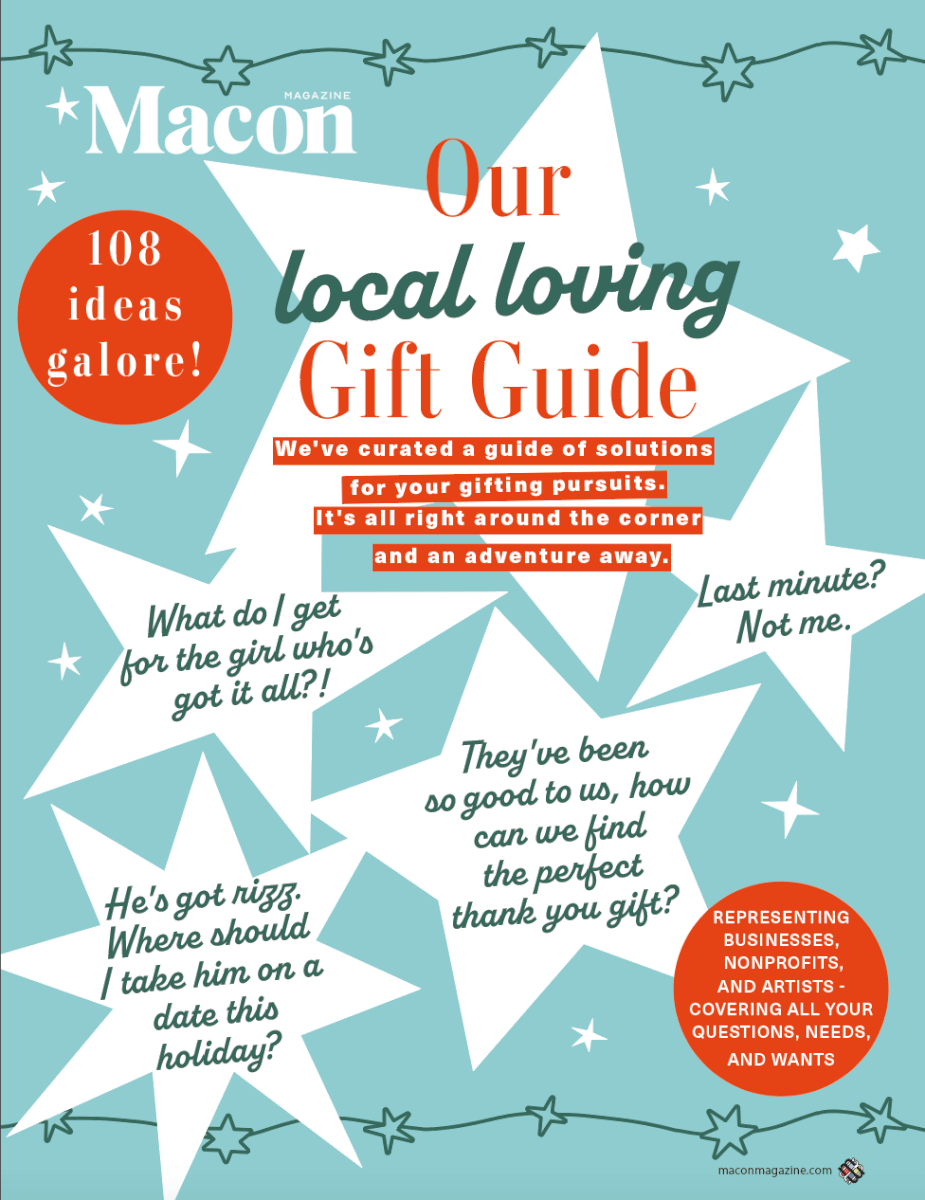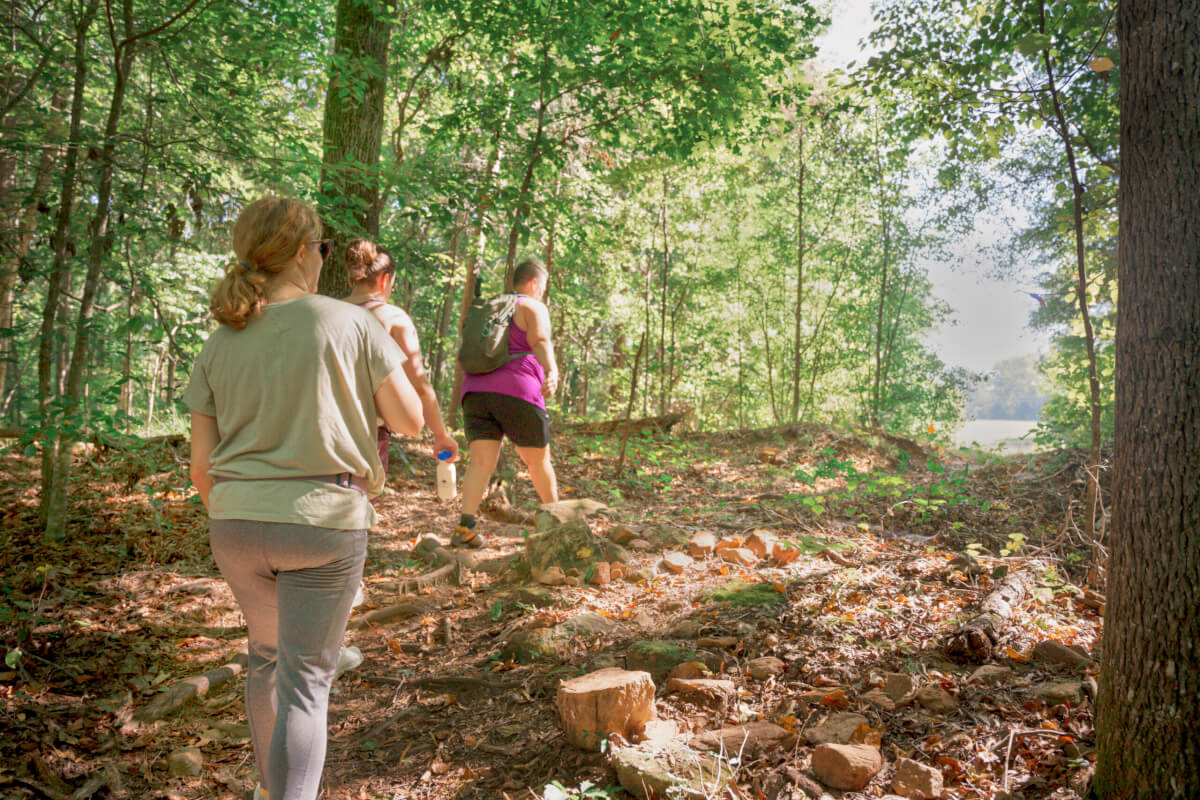
Shannon Says: Can You Stress Less?
By Dr. Shanon Terrell Gordon
Photo by Leah Yetter
Everybody talks about stress these days. What is it?
Stress is any experience of pressure that prompts physical, mental or emotional adjustment or response. These experiences can come from within the body, from thoughts or from the environment.
Stress can be very positive, prompting our best performance and strengthening us. Too much can be, well, too much!
Since stress is inevitable, how can we build capacity to respond rather than to react? To ride its waves rather than be overwhelmed?
Stress success starts with the person in the mirror – each of us individually.
Learn self-calming strategies
Breathing properly is one of the most powerful strategies to conquer stressful experiences. Practice breathing in deeply and slowly like you are blowing up a balloon in your belly (instead of high in your chest as we all tend to do when anxious). As you breathe in, say to yourself, “I take in relaxation, calm and peace.” As you exhale, say to yourself, “I release tension and pressure.” Slowly repeat this 10 times. You will reset your body to a calmer resting state if you practice this strategy daily.
Practice body awareness. Notice your body position. Notice where your body is holding tension and imagine it melting out of and away from your body. Doing light stretches, taking a warm shower, doing yoga, or getting a massage are other body awareness options.
Replace stressed or perfectionistic thoughts with affirming thoughts such as, “This is temporary. I can learn. I can adapt.” Be at least as kind to yourself as you are to others, and remember to look for the positive in every situation. It’s there!
Sleep, nutrition and exercise
When we take good care of our bodies, we also build our internal capacity to deal with stress. Adequate and consistent sleep is so important; most people need seven to nine hours per night. The goal is to naturally relax to fall sleep. Keeping a sleep schedule and making your sleep space an oasis can help. Some find aromatherapy really helpful, especially lavender and cedarwood.
Eat consistent, nutritious meals and drink enough water. Herbal teas or natural fruit juices also are healthful choices. Foods and drinks with refined sugars create blood sugar crashes that intensify the stress experience.
Something as simple as walking for 30 minutes metabolizes stress hormones and releases brain chemicals called endorphins, which take the edge off the stress experience. If you prefer another exercise, do it! At least 30 minutes five days a week is encouraged for good health.
Also, take in less caffeine, nicotine and alcohol to help your body respond best. Caffeine and nicotine are stimulants. They intensify the body’s stress response. Alcohol reduces the ability to think clearly and is a depressant. It goes without saying that using other mood-altering chemicals is not helpful in the long run.
Other lifestyle changes can help
Look for ways to slow down. For example, set your watch ahead, so you will be less likely to be running behind. Give yourself extra time to accommodate unexpected happenings. Decide on personal priorities and focus on them. Learn to say “no.” Learn to delegate.
Break big tasks into smaller chunks, and celebrate every accomplishment. Accept delays over which you have no control as gifts of time to practice deep breathing, body awareness or affirmations. You can choose to listen to restful music or say a prayer.
Take at least 15 minutes each day doing something you enjoy. Find things that make you laugh out loud! Seek to laugh often and much. To the extent you can, eliminate things you experience as stress triggers. Aren’t yet aware of what those are? Keep a journal; record when you feel tension. Then, if you can reduce the triggers, do it!
Build positive personal connections. After all, even the Lone Ranger had Tonto. Everyone needs a web of mutually supportive relationships. Having people you can trust, talk to and count on can soothe a stressful experience and provide valuable new perspectives.
See areas where you can grow? Me, too. Need help? Please get it.
We’re each worth our best life!
Dr. Shannon Terrell Gordon leads Macon’s River Edge Behavioral Health and River Edge Foundation. Shannon is a researcher, author, speaker and teacher to help each person live his or her best life and to help leaders make the most meaningful impact possible. Find more from her on social media with #drshannonsays.







